
Someone once called Tommy Kha an interloper. “I had this immediate negative reaction to it at first,” he recounts, scrunching his face, suddenly lost in the train of thought. “But I think they were right all along.”
His concession, the photographer thinks out loud, is likely due to the fact that he’s felt out of place his entire life. Kha, who lives between the cultural poles of Brooklyn, New York and his native Memphis, Tennessee, spent much of his childhood in the quiet solitude of his Chinese-Vietnamese family’s small suburban home, searching for ways to be seen in a place of ubiquitous cultural difference. Whitehaven, the predominantly Black neighborhood Kha grew up in, is also the birthplace of Elvis Presley’s Graceland. It’s an area of neglected strip malls and six-line highways, tourism and mourning, all of which exist under a forever bewitchment of the King—and, more recently, his late daughter, Lisa Marie. That spell won’t ever wane, even as Whitehaven continues to fall further into economic hardship.
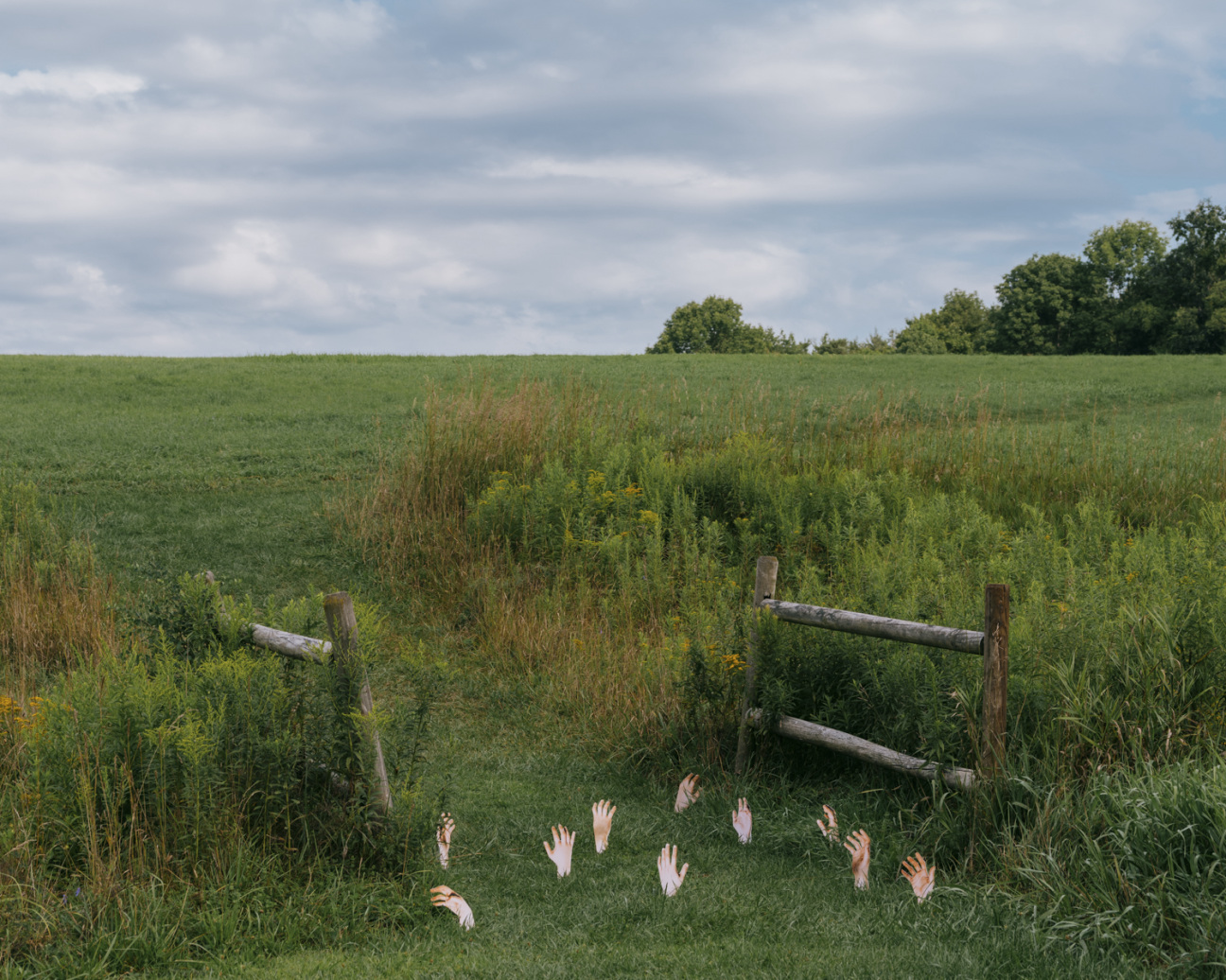
“I’ve always been interested in how a person’s identity is tied to their landscape,” continues Kha, who began experimenting with photographic documentation amidst this bizarre tornado of cultural segregation, campy fandom, and his realization of his own queerness in his early teens. Later, as an undergrad at the Memphis College of Art in Tennessee and then throughout his MFA program at Yale, Kha formalized a growing urge to trace his family’s origins and the greater Asian diaspora through the American South. He was looking to understand how and why Asian bodies formed communities like the Mississippi Delta Chinese, all-Asian populaces he could only dream of alone in his adolescence. It’s a search that still looms over his practice, which he describes as not about capturing memories—too easy of a descriptor when discussing his kind of work—but rather “time travel.”
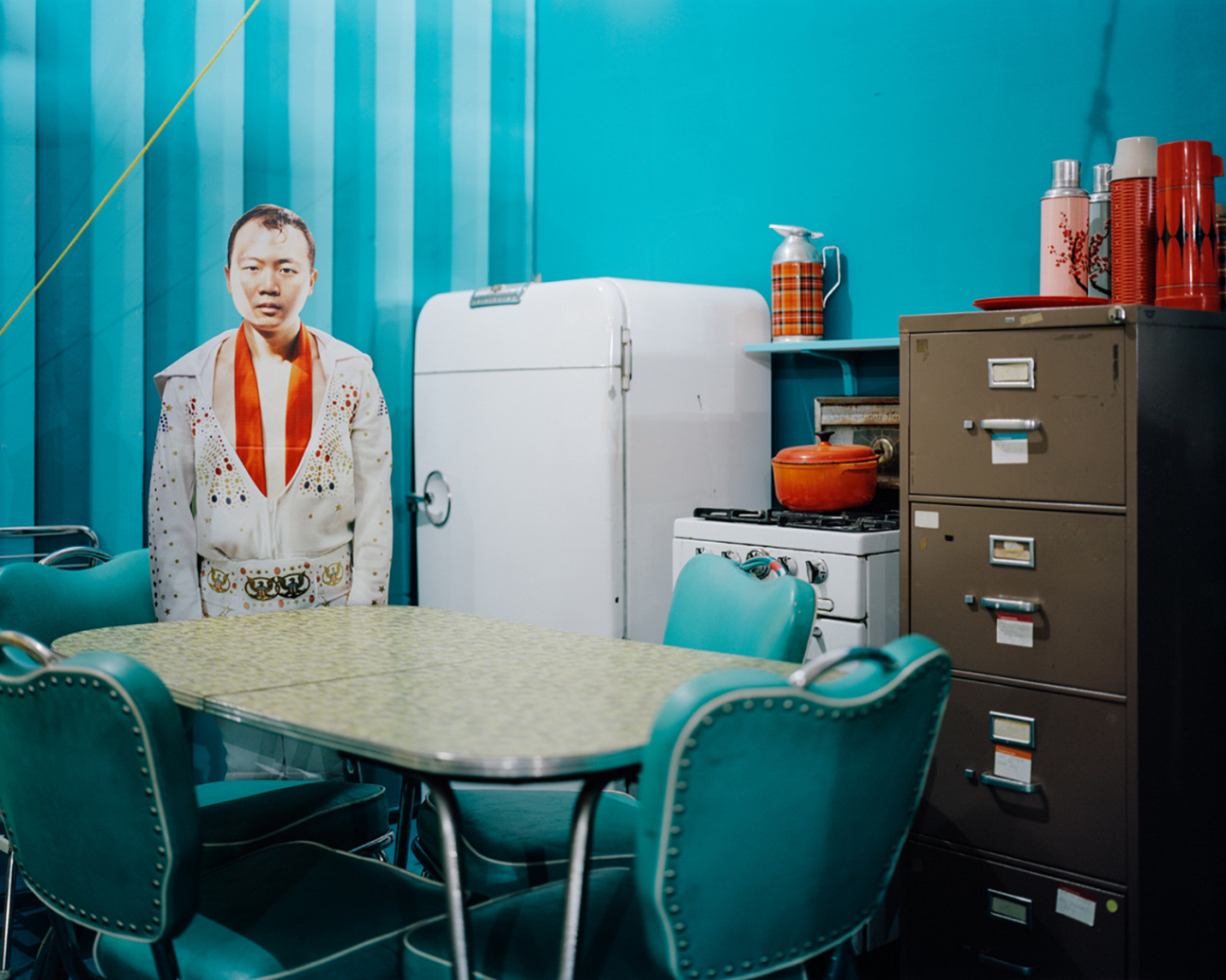
Kha’s performance-based photographic catalog has fluctuated in style. From masterful compositions that combine documentary realism with absurdity—such as those in his long-form project “Return to Sender,” in which he documents himself paused in mid-kiss by strangers—to his more surrealist vignettes—like Kha’s ongoing “I’m Only Here to Leave” series that features cardboard cutout images of himself—each act as pseudo and semi portraits of the artist as he seeks to reckon with the different spaces he moves between. “Queerness and Asianess, like so many of the communities I belong to, have never intersected for me,” says Kha, whose Constellations VIII, 2017, an image of a cardboard cutout of the artist in a Presleyian jumpsuit, was briefly uninstalled from the Memphis International Airport due to backlash from local racists. “I don’t know if my work is about bridging as much as it is about finding those really disparate connections—those really distant things that don't seem to go together—and then finding that, yes, there is some sort of connection as if it were a puzzle.”
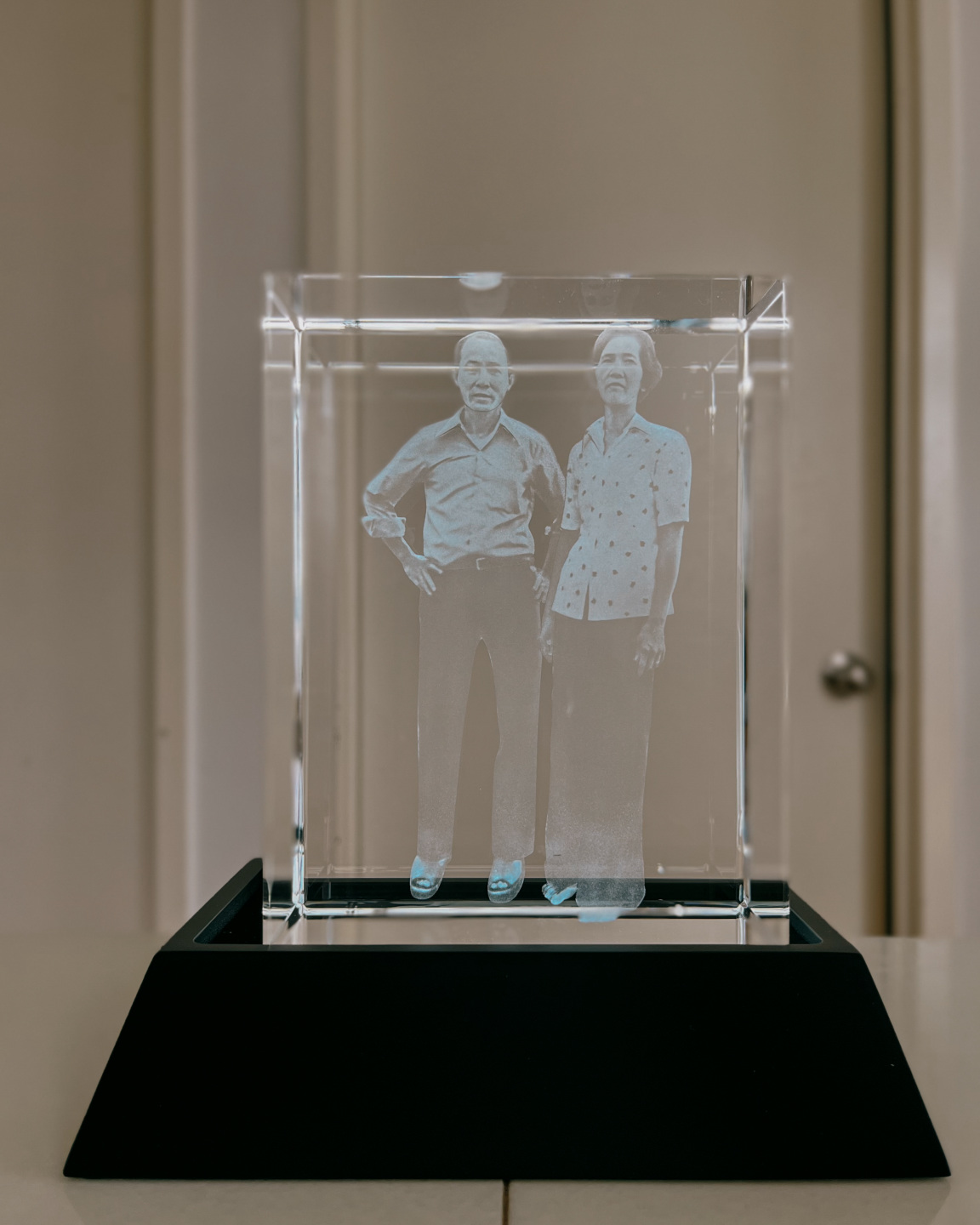
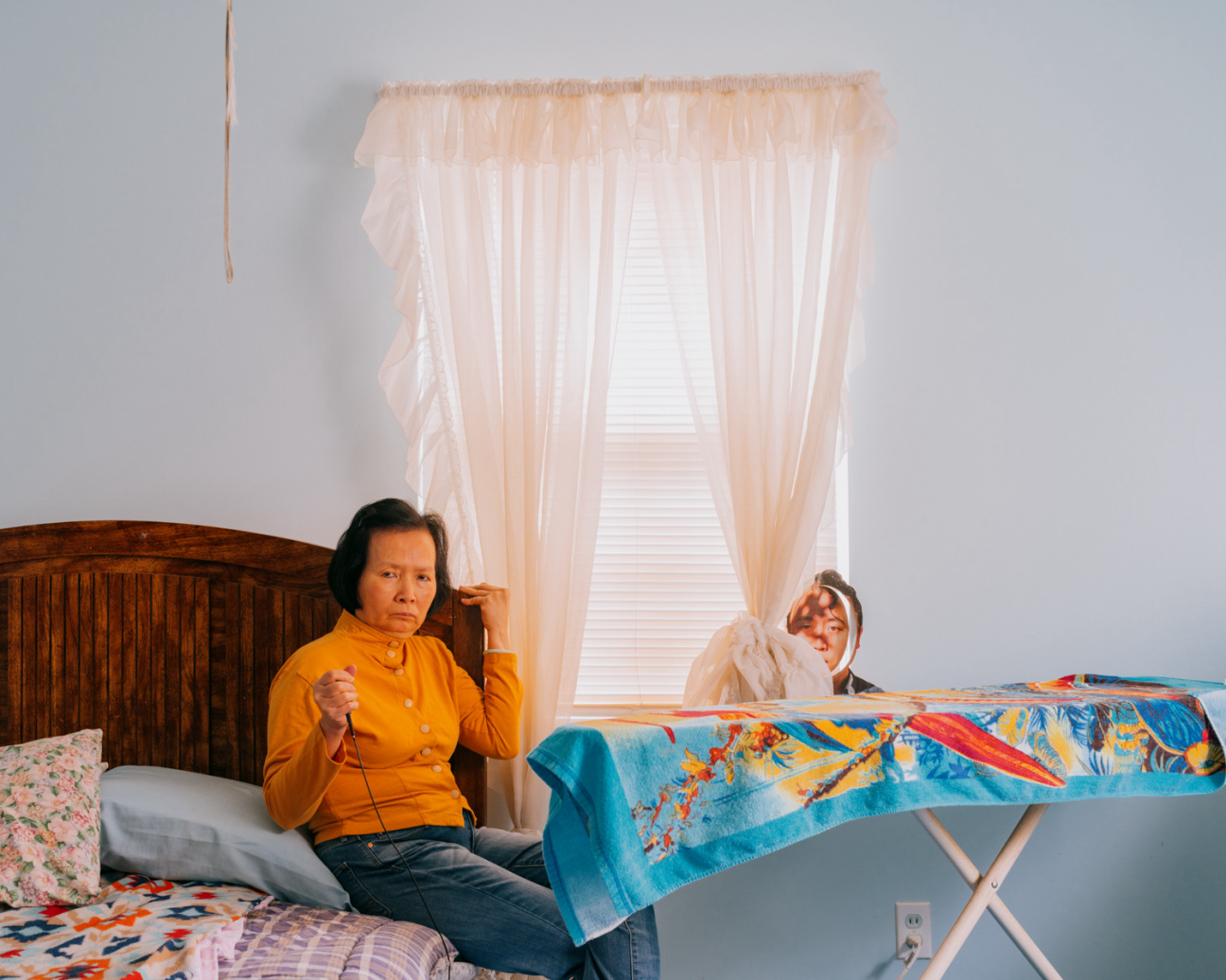
In his new show, “Ghost Bites,” which opens at Baxter St at the Camera Club of New York this week, Kha continues to examine and fragment himself through the lens of his originators in a combination of new and existing works. Dispersed between stoic vignettes of flooded Memphis canals and laser-etched “photo-sculptures” inspired by Chinatown gift shop tchotchkes, are striking photos are from Kha’s concurrent series, “Má,” (the Vietnamese word for “mom”), which he began over a decade ago. The staged images portray his mother, May, in various postures of consciousness. In some, like Constellations (XVIII), Whitehaven, Memphis, 2019, she becomes the image-maker herself, clasping the camera’s shutter release cable, May peers directly past Tommy and through the lens itself. She could not be less present as a subject nor in less control as its documenter. “I think of a neutral space where we can both exist,” explains the photographer, who calls these works of May “half” self-portraits. “In them she's not a parent or person. She's just someone that is sitting for the camera for me.” He admits that, on some level, he is attempting to glean some kind of information about himself through her in these ongoing performances. “But I can’t know,” he continues. “And I don’t ever know if I will.”
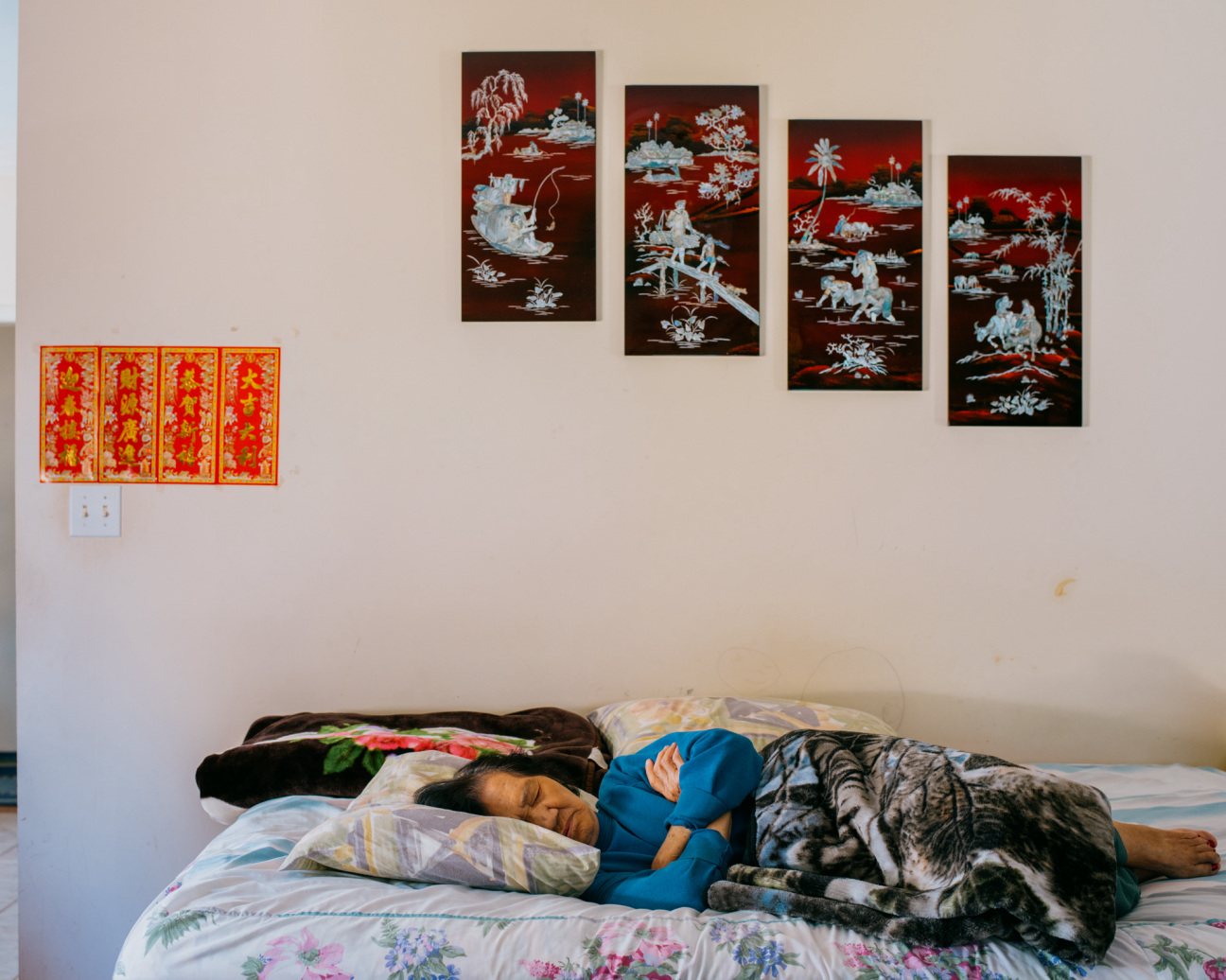
The title of the exhibition, which is also timed with the release of his first major monograph, Half, Full, Quarter, is a rough translation of “ma cắn,” a phrase that Kha’s aunt would use to explain away the mysterious bruises that colored his skin as a young boy. Like the enigmatic wounds from his childhood or the maternal information he mines for with his filmic lens, the photographer isn’t quite sure of its exact meaning or its origins, but he knows that it has affected him greatly.
“Ghost Bites” by Tommy Kha is on view at Baxter St at the Camera Club of New York from February 8 to March 22, 2023 at 126 Baxter Street.

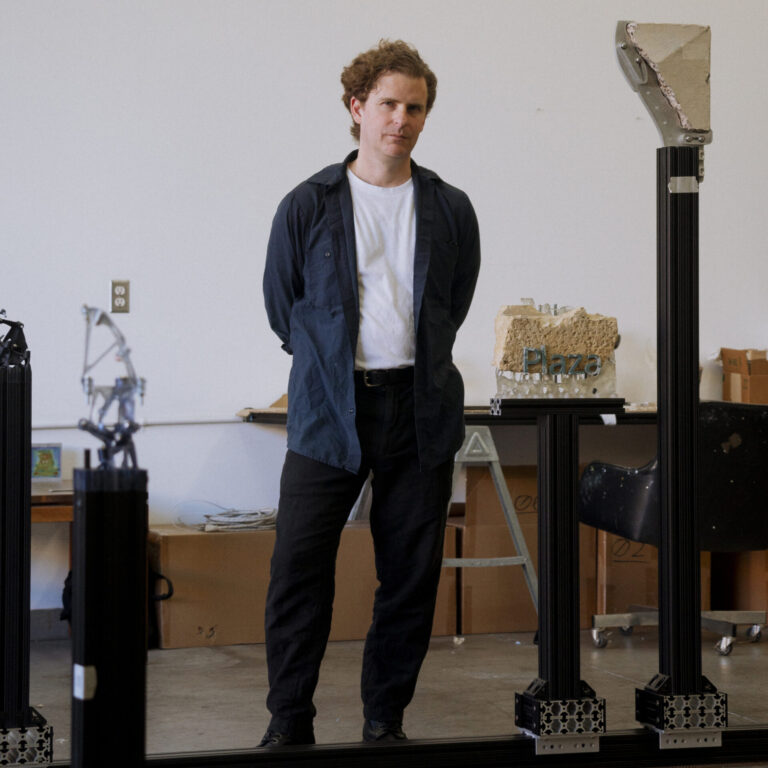
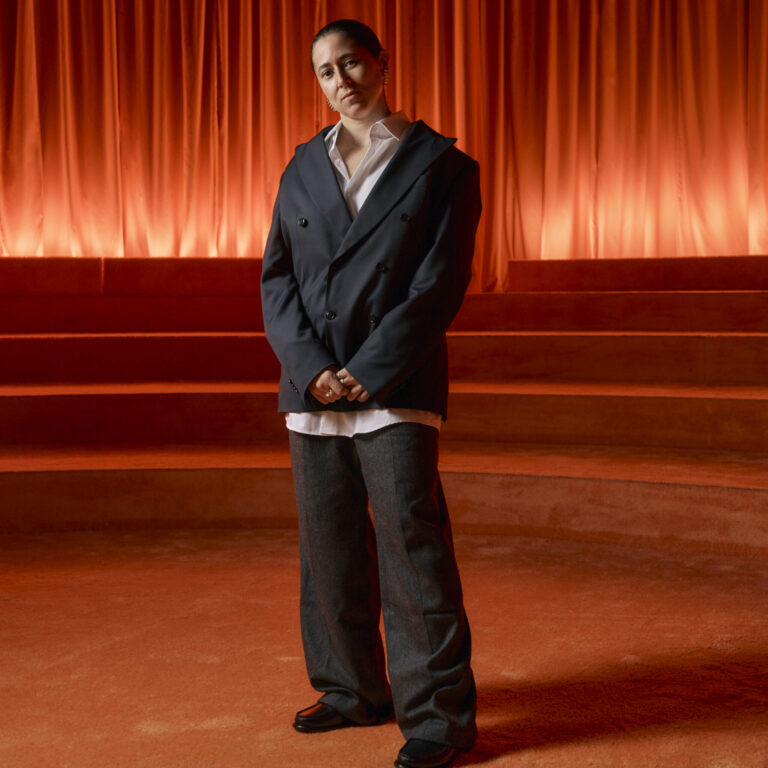
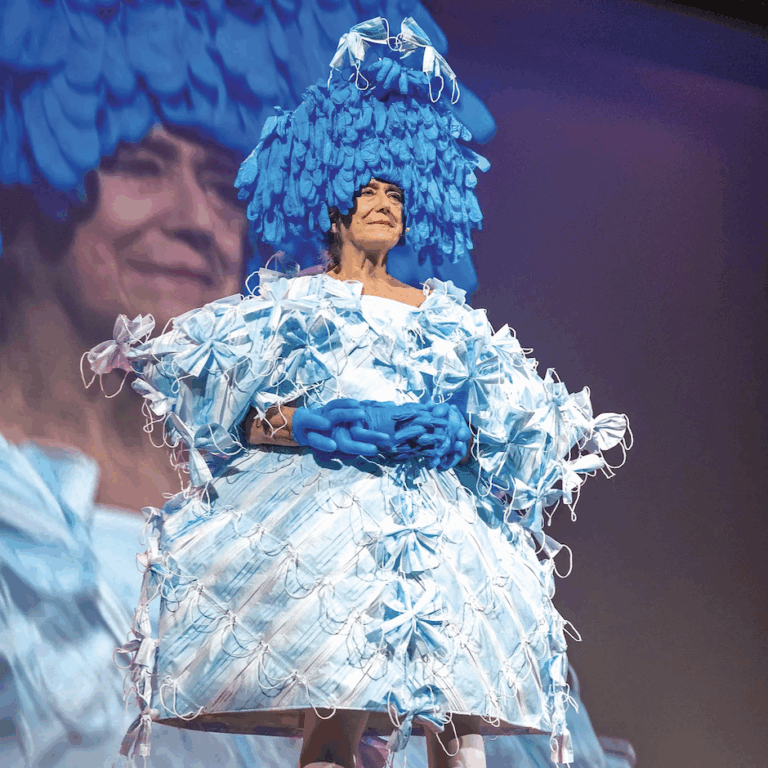
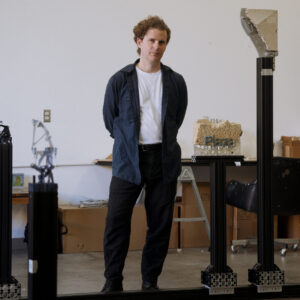

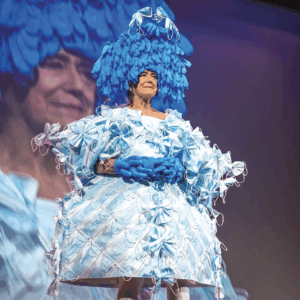



 in your life?
in your life?

